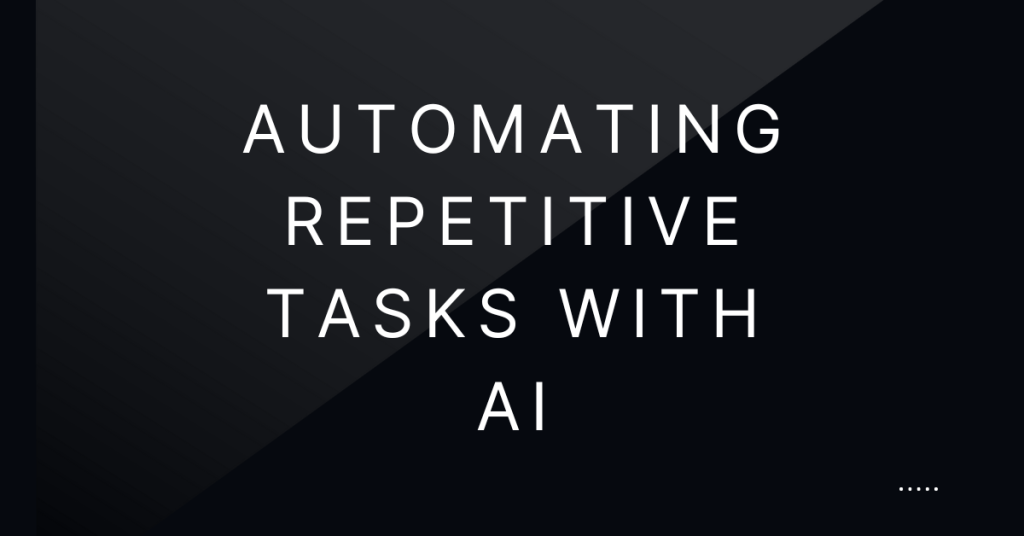The Future of Remote Work: Trends and Predictions for 2025

In recent years, the work culture had a heavy transformation, changing from remote work being a perk to being practiced widely. As we move toward 2025, no longer is remote work an extra; it is being taken as a prerequisite on the survival map of work for companies. Innovative measures are being adopted by companies while new work models are being welcomed by employees. But what about the future of remote working? Let us outline the trends and predictions that will shape the future of remote work in 2025.
1. Hybrid is Here to Stay
A number of companies have set up fully remote teams; however, hybrid work models seem to be emerging as the most sustainable working solution. Hybrid means combining remote work with in-office co-working, providing flexibility to the employees while allowing for essential team engagements to happen face-to-face.
Forecasted Trends in Hybrid Work
- Offices will be redesigned around collaborative and creative spaces rather than traditional desks.
- Flexible working hours will become standard, allowing employees to set their own schedules as to when to work from home or come into the office.
- Companies will invest in scheduling software for managing hybrid teams efficiently.
Why It Matters
- Encourage work-life balance
- Increase employee satisfaction and retention
- Reduce costs associated with office space

2. Rise of Virtual Collaboration Platforms
As remote teams continue to grow, powerful collaboration platforms will be the foundation by which businesses stay connected and productive.
Key Technologies Leading the Way
- AI-powered meeting tools: Assistant will schedule meetings, summarize them and even recommend action items.
- Virtual Reality Workspaces: VWs which will be there designed for immersive environments for team collaboration.
- Advanced Project Managers Tools: Enhanced platforms such as Asana, Trello, and ClickUp will have some more widening automation features to assist efficient task management.
Why It Matters
Enhances communication in teams reduces miscommunications in remote teams improves accountability of projects:
3. Employee Well-Being and Mental Health
The balance of work and personal life is blurred indeed with the establishment of remote work and so becomes a top priority for employers mental health.
Trends of Employee Well-Being
Flexi Hours- Employees would be able to pay more attention to work hours to be able to prevent burnout.
Wellness Programs- For mental health support, companies would introduce meditation apps, online therapy, and fitness benefits.
Digital Detox Policies- Companies might even form rules to reduce screen fatigue and promote technology lifestyle changes.
Why It Matters
Reduces Stress and Anxiety Boosts Commitment and Attitude Improves Overall Job Satisfaction.
4. Increasing Need for Cybersecurity
The growing scope of telecommuting is widening the range of security threats too. Companies are therefore in dire need of stronger security measures to safeguard sensitive data.
Insights into Cybersecurity Developments for 2025:
- Zero Trust Security Models: As long as no device or user is trusted by default, protection against cyber threats is further made reliable.
- AI-Driven Security Tools: AI security tools will detect suspicious behaviour, enhance capacities for threat detection, and automate security updates.
- Employees Cybersecurity Training: its significance will lead to regular training to make the employees aware of threats such as phishing attacks, next to issues with passwords.
Why It Matters
- Protects company data from cyberattacks
- Builds trust between remote employees and organizations
- Reduces the risk of costly security breaches
5. Upskilling and Reskilling for Remote Teams
In an environment where remote working becomes a norm, companies shall put all attention to reskilling and upskilling to adjust to transform existing job roles in a fraction of the time.
Essential Skills for Remote Work
- Digital Literacy: Remote collaboration tools are to be fully understood by employees.
- Time Management: Time management and organizational skills are to be at their best to maintain performance and productivity.
- Emotional Intelligence: Leaders will need to gauge interpersonal interactions an order average manager typically takes very seriously when managing individuals remotely.
Why It Matters
- Prepares employees for evolving job roles
- Encourages career growth and development
- Strengthens overall team performance
6. By the Global Talent Expansion
Remote work is breaking geographical barriers, and companies can hire talent from any corner of the world.
Predicted Trends in Global Hiring
- Diversity in Hiring: Companies will utilize diverse hiring practices in building multicultural and global teams.
- Time Zone Management Tools: Advanced scheduling software will create seamless collaboration between teams working across time zones.
- International Payroll Solutions: For streamlining global payroll, organizations will need systems like Deel and Remote.com as payroll platforms.
Why It Matters
- Greatly expands access to top talent
- Fosters cultural diversity in teams
- Reduces costs while hiring in more expensive regions
7. AI-Driven Productivity Tools
Artificial Intelligence continues to be a major driver in optimizing various aspects concerning remote work.
The Productivity Boosters
- Smart Scheduling Tools: AI recommends the best time for holding meetings based on the availability of the team.
- Automated Task Management: AI prioritizes tasks and raises alerts about deadlines.
- AI Writing Assistants: Tools like Grammarly and DeepL will boost the writing communication of remote teams.
Why It Matters
- Works to boost efficiency and time management
- Reduces administrative burden
- Elevates team performance altogether
The Change of Work Culture with Remote Working
With the collocations of being in distance and becoming a part of the work culture, redefining the whole culture of the company would be required to continue engagement with the organization:.
Cultural differences to expect: Stronger focus on inclusivity; Strategies would draw lots of attention to ensure remote employees feel that very much a part of the organization sold over into them;
Offerings like virtual social events: Team-building activities online, from coffee chats to game nights, go a long way in sealing ties that bind;Recognize Programs: Celebrating one’s success digitally,would also serve as motivation not to lose momentum for those employees:
Benefits:
- Encourage loyalty to the company
- Strengthen ties within teams
- Take same company values into “remote company”
9. Rise to become Remote First Companies
Some organizations by the year 2025 would change to be remote-first with no physical office space.
Benefits of Being Really Remote First:
- Lower operational costs: Companies can save by eliminating office space and getting rid of utility bills.
- Increase flexibility for employees: Employees could work and live anywhere.
- Employee-friendly work-life balance: Remote-first cultures advocate flexibility and independence.
Importance
It is necessary to create a more considerable opening in hiring.
Reduce the up-keeping of office space.
Foster employee satisfaction.
10. Automation’s Role in Remote Work
Repetitive tasks will become streamlined through automation tools, so that remote employees can devote time to more strategic and creative processes.
Trends in Automation in 2025
- Chatbots for Customer Support: Bots driven by AI will process routine publicity inquiries in order to enrich customer service.
- Automated Data Entry: Minimizes human work and improves accuracy.
- AI-Driven Analytical Tools: Deliver data insight for enhancing decision-making.
Why it matters
- Increases productivity and efficiency
- Reduces burnout due to repetitive tasks
- Improves organizational performance overall

Concluding Thoughts: The Remote Work Landscape in 2025
Remote work cannot be denied anymore. Its future includes flexibility, innovation, and technology. All these elements will change the way the company adapts to the demands of the workforce by embracing hybrid models, AI tools, and the increased cybersecurity threat. Those companies that spend on well-being, skills, and collaboration tools for the employees will flourish in these new times.
Even from a perspective of business owner, manager, and employee, understanding these trends will help you win the race to success come the year 2025 in the remote work environment.
Now, how do you feel about the future of remote work? Are you pumped by all of these upcoming changes? Let’s hear your thoughts below!

 English
English 







































































